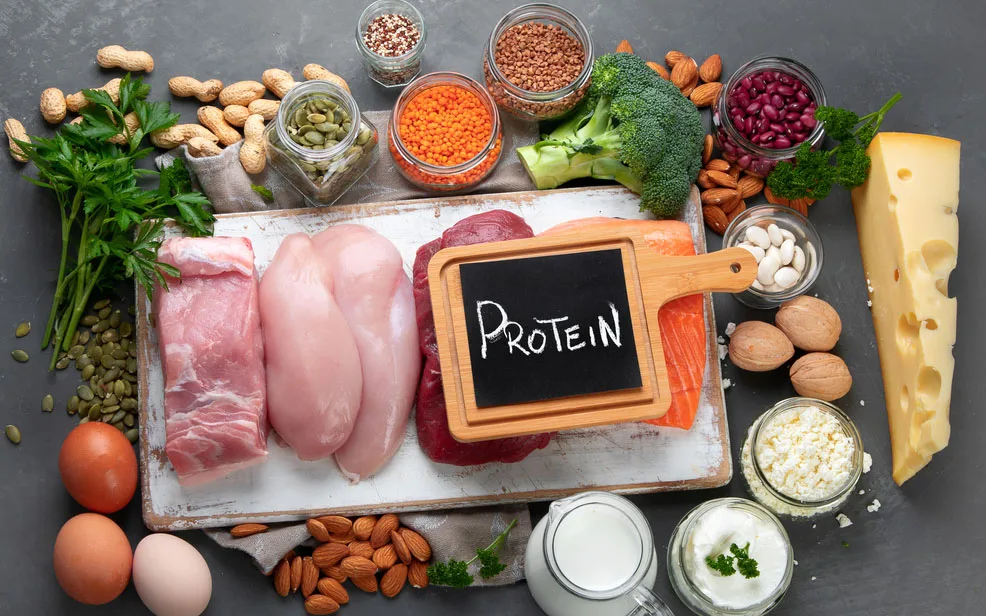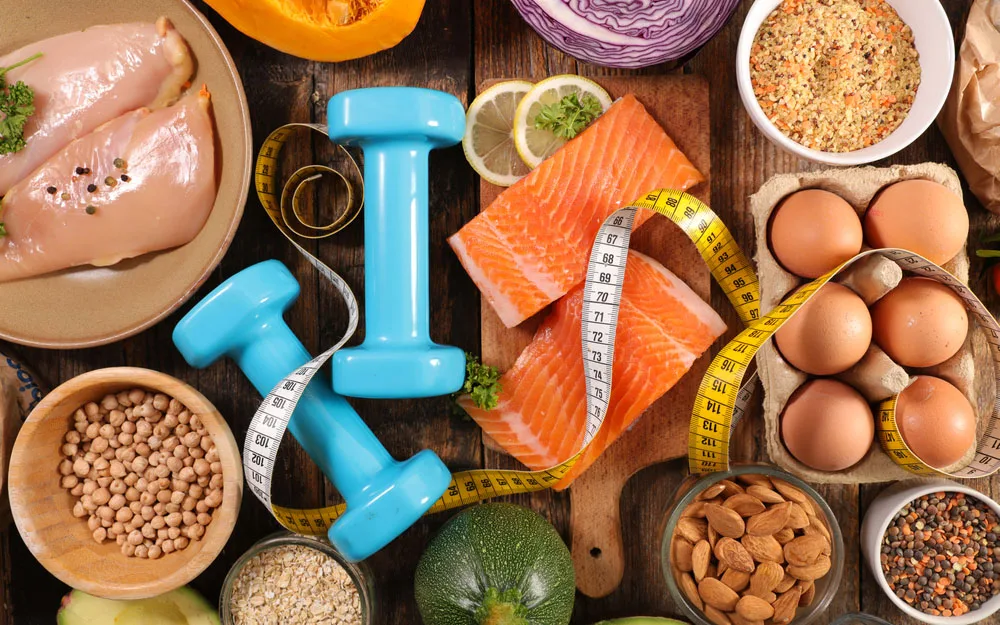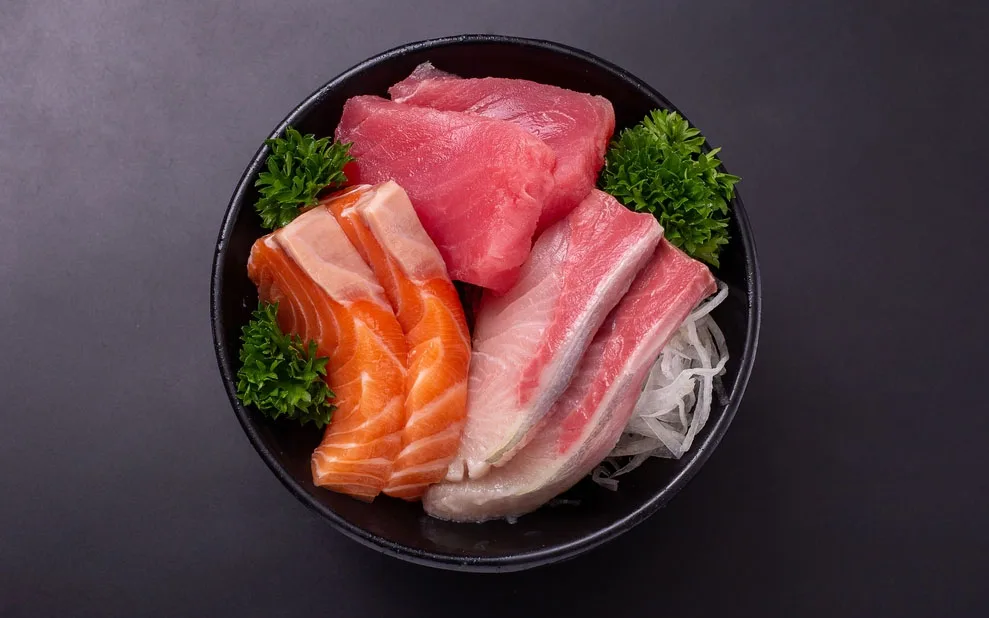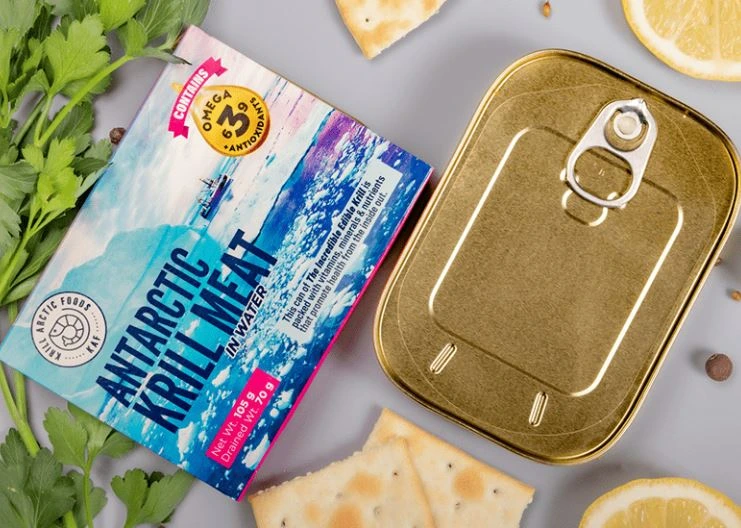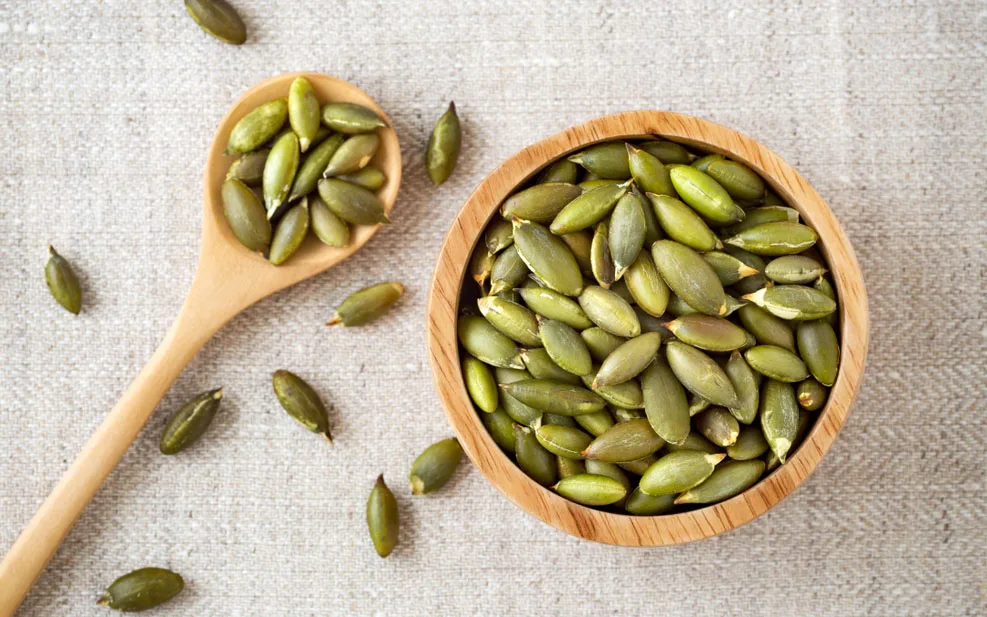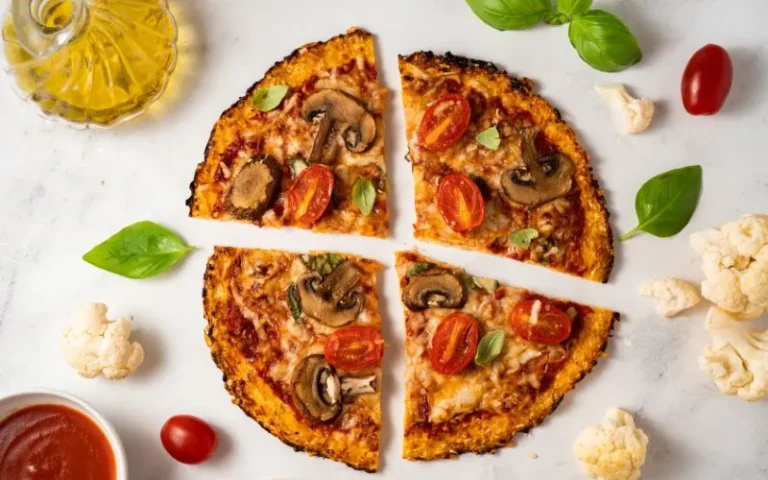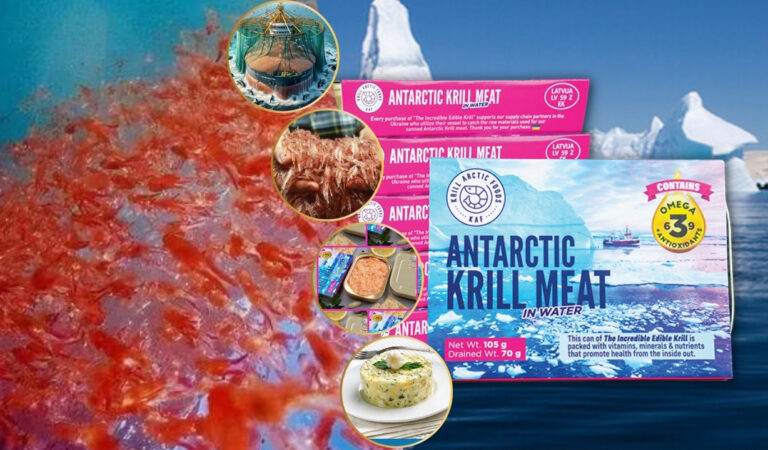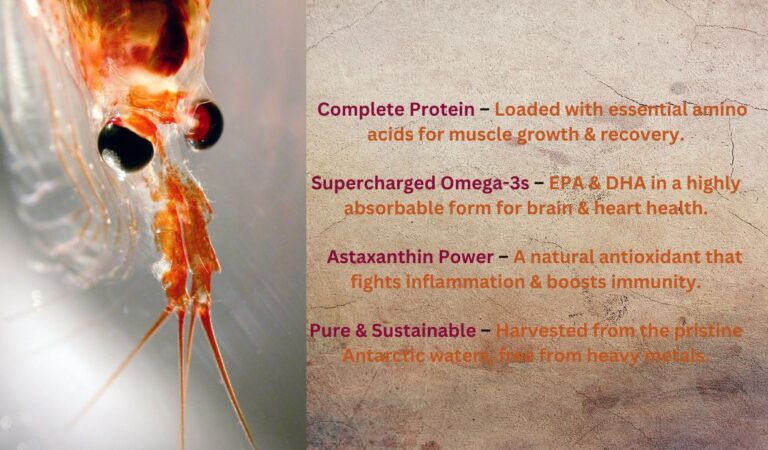When it comes to building muscle, it’s not just about working out hard. Nutrition is equally important, especially when it comes to consuming high-protein foods that provide the building blocks for muscle growth. Protein is a particularly critical nutrient for repairing and building muscle fibers. This comprehensive guide explores the many high-protein foods to help you achieve muscle hypertrophy.
In addition to highlighting traditional protein sources like chicken, fish, and eggs, it also highlights a less conventional source: antarctic krill. This small crustacean is packed with protein, making it a promising addition to any muscle-building diet. The guide will provide the nutritional benefits of krill meat and tips on incorporating it into your meals.
Why Protein For Muscle Building Is Important?
Protein is made up of amino acids, often called the building blocks of muscle. You create tiny tears in your muscle fibers when you do resistance training or other physically demanding activities. Protein helps your muscles repair these tears and grow stronger.
Daily Protein Requirements For Muscle Growth
The amount of protein you need depends on your weight, workout intensity, and muscle-building goals. A good rule of thumb is to consume 1.6 to 2.2 grams of protein per kilogram of body weight to build muscle. This intake ensures your body has enough amino acids to facilitate muscle repair and growth.
9 High-Protein Foods For Muscle Building
High-protein foods are essential for building muscle. Many foods are high in protein and low in calories, which can help with muscle building. If you want to build muscle, including plenty of protein in your diet is important.
Chicken Breast
Renowned for its high protein content, chicken breast is a staple in the diet of many athletes and bodybuilders. It’s versatile, lean, and packed with about 31 grams of protein per 100g, making it an excellent choice for muscle repair and maintenance.
Eggs
Eggs are very nutritious and contain all the amino acids essential for muscle recovery. They are also rich in vitamins and minerals, which benefit overall health. Each egg contains about 6 grams of protein nutrition.
Greek Yogurt
Greek yogurt is a highly nutritious dairy product worth considering when shopping for healthy foods. It is rich in protein, containing double the protein in regular yogurt. Moreover, yogurt is an excellent source of probiotics, calcium, and vitamin D, essential for supporting bone health and digestive well-being.
Fish: Salmon and Tuna
Eating fish like salmon and tuna is good for our body as it gives us important things like protein and omega-3 fatty acids. These things can help us feel better after we exercise and reduce swelling in our body. If you are thinking about fish vs. krill, what should you eat? I suggest you try eating fish and krill on different days. When you eat 100 grams of salmon, you get about 25 grams of protein. This is important for our body to stay healthy.
Beef
Beef is another significant source of high-quality protein, providing about 26 grams per 100 grams. It’s also rich in creatine and minerals like iron and zinc, vital for muscle growth and recovery.
Whey Protein Supplements
Meeting daily high protein requirements through food alone can be challenging for many. Whey protein supplements offer a convenient solution, providing high-quality protein that the body can easily absorb.
Krill Meat: The Underexplored Superfood
Krill meat is emerging as a novel protein source within the fitness community. While krill are more commonly known for their oil, being rich in omega-3 fatty acids, their meat is also a good protein source. Although research on krill meat’s benefits for muscle building is still in its infancy, its nutritional profile suggests potential. Krill meat is a source of high-quality protein and contains antioxidants like astaxanthin, which may help combat exercise-induced oxidative stress.
Lentils
Lentils are an excellent protein source for vegetarians and vegans. A cooked cup of lentils provides 18 grams of protein and fibre that aids digestion and satiety. Lentils are also rich in iron, vital for oxygen transportation in the blood, and can enhance endurance and performance during workouts. They’re versatile and can be added to salads, soups, and stews for a protein boost.
Almonds
Almonds are not just a snack; they’re a powerhouse of protein and healthy fats, particularly omega-6 fatty acids, which can support muscle recovery and growth. A quarter-cup of almonds offers around 7 grams of protein and muscle-beneficial nutrients like magnesium, essential for muscle function and recovery. Almonds can be enjoyed raw, as almond butter, or added to smoothies and yoghurt for a nutritious protein kick.
Pumpkin Seeds
Pumpkin seeds, a nutrient-dense snack that packs a protein punch, are often overlooked as a protein source. Just one ounce of pumpkin seeds includes about 9 grams of protein, making them one of the highest-protein snack seeds. In addition to protein, they provide magnesium, zinc, and healthy fats, all of which play a role in muscle building and recovery.
Integrating High-Protein Foods Into Your Diet
Building muscle is more than just about consuming as much protein as possible. It’s about strategically integrating these protein sources into a balanced diet that supports your workout regimen and muscle-building goals. Here are some tips:
- Balance Your Meals: Ensure each meal contains a protein source, fruits, vegetables, and whole grains to support overall health and recovery.
- Pre- and Post-Workout Nutrition: Consume a protein-rich snack or meal before and after your workout to support muscle repair and growth.
- Stay Hydrated: Adequate hydration is crucial for optimal protein synthesis and muscle recovery.
- Consider Your Timing: Evenly Distributing your protein intake throughout the day can promote muscle repair and growth more effectively.
Conclusion
Building body muscle requires a combination of strength training and the right nutrition. You can optimize your muscle-building efforts by focusing on high-protein foods that provide the necessary amino acids for muscle repair and growth. While traditional sources like chicken, eggs, and dairy products are well-known, pay attention to the power of krill meat. Its high-quality protein and additional health benefits make it a worthy addition to your muscle-building diet.
Frequently Asked Questions
How To Gain Muscle Fast?
To gain muscle quickly, focus on compound exercises, gradually increase workout intensity, prioritize protein intake, get adequate rest and sleep, and consider supplements like whey protein or creatine. Consistent effort over time is key to the best results.
Is Eating Every 2 Hours To Bulk A Good Idea?
Eating every 2 hours can aid in bulking by ensuring a constant supply of nutrients for muscle growth, boosting metabolism, and managing hunger. However, the total daily intake of calories and nutrients is key, not the frequency of meals. Find a meal frequency that fits your lifestyle and helps you meet your nutritional goals for long-term success.

